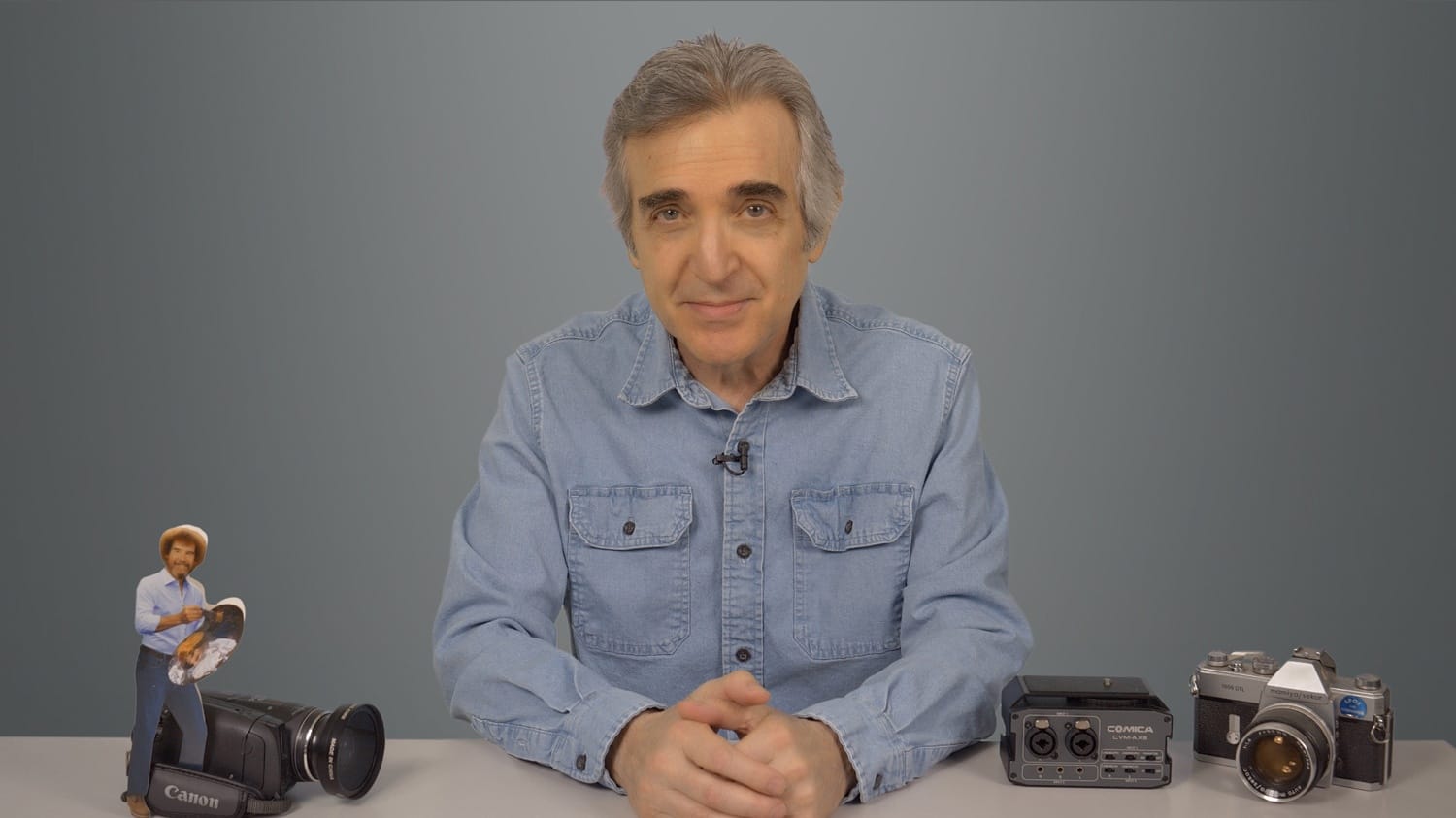If creating the most authentic and fluent version of yourself on video could be reduced to a formula, it could easily start with your script.
When you communicate your topic on a logical and an emotional level, miracles can happen.
So what would that look like exactly? How would you do that?
I would seriously try this method, because if you let yourself, it will feel so right…

7 replies to "Where Your Best Scripts Come From (Pt. 1)"
Thank you for this great three-step process, Steve! I’ve always done the first two steps, but never got to the “ejection” stage, which is probably why my videos are always on the long side for my YouTube audience… or any audience.
I think scheduling additional edit time – maybe after I’ve let the script ripen by sitting untouched for a couple of days – will cut my videos in half while still maintaining all of the great ideas that inspired me in the first place.
Thanks! That’s reminds me. I took out the word “gestate” in this script. 🙂
I commit here and now to the long game.
That’s a home run already. 🙂
You absolutely nailed it Steve. Well said.
I can attest to the need to just start, and at the end, taking the time to remove the excess.
As I have worked to improve my workshop presentations I have found it amazing how much added content gets into it that can be trimmed out. It may be good, but the presentation is better when it is removed. Concise and focused is better than wordy, but we have to start somewhere.
Thank you for the reminder of this process.
Steven,
I’d add only two thoughts, based in my experience with publishing many articles, a book, and with another in the works.
First, this is a process. A first draft of anything gets me about one-quarter of the way through the process. That was gut wrenching to learn. And, at least for me, the first draft needs to spring from a clear statement of what I have, what it does, and why anyone should care. The best starting point for me is to get the premise down to a single page, then a single paragraph, and then a single sentence. It’s brutal. But, at least for me, it works to clarify my thinking and give me a clear starting point.
Second, I need an editor beyond myself. I need to submit the work to the feedback of a trusted, outside voice. This is different than sending something to a friend (or friends) for a few thoughts. I have a trusted colleague who is incredibly adept at separating the signal from the noise. He’s willing to redline entire paragraphs that aren’t germaine, and which slow the reader’s progress through what I’ve drafted. He will often reorder the sequence of what I’ve drafted, helping me avoid the trap of “burying the lede.” That second pair of eyes is essential to me because I know what I meant when I wrote the draft, even if what I actually wrote doesn’t convey what I meant. A trusted editor cuts through the crud, eliminates the superfluous, refines and improves the clarity, and even polishes the prose. This is well beyond merely copyediting or proofreading. And it is the best antidote I know to the hubris of authorship.
Great and practical encouragement, Steven. Thank you.
I’m sure there is many a book editor out there smiling from ear to ear right now. The process is a little less intense for scripts, (and more!) but we’ll cover that next time.